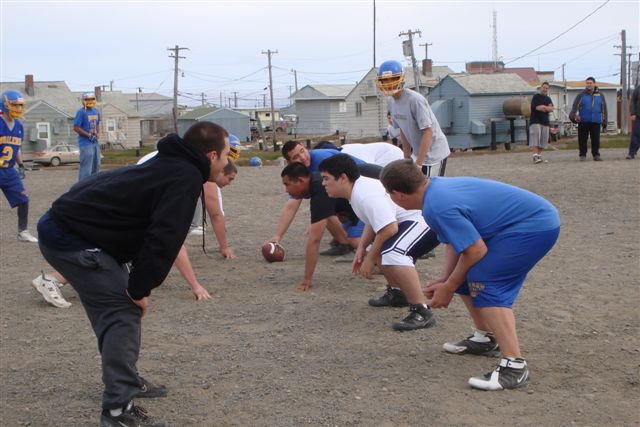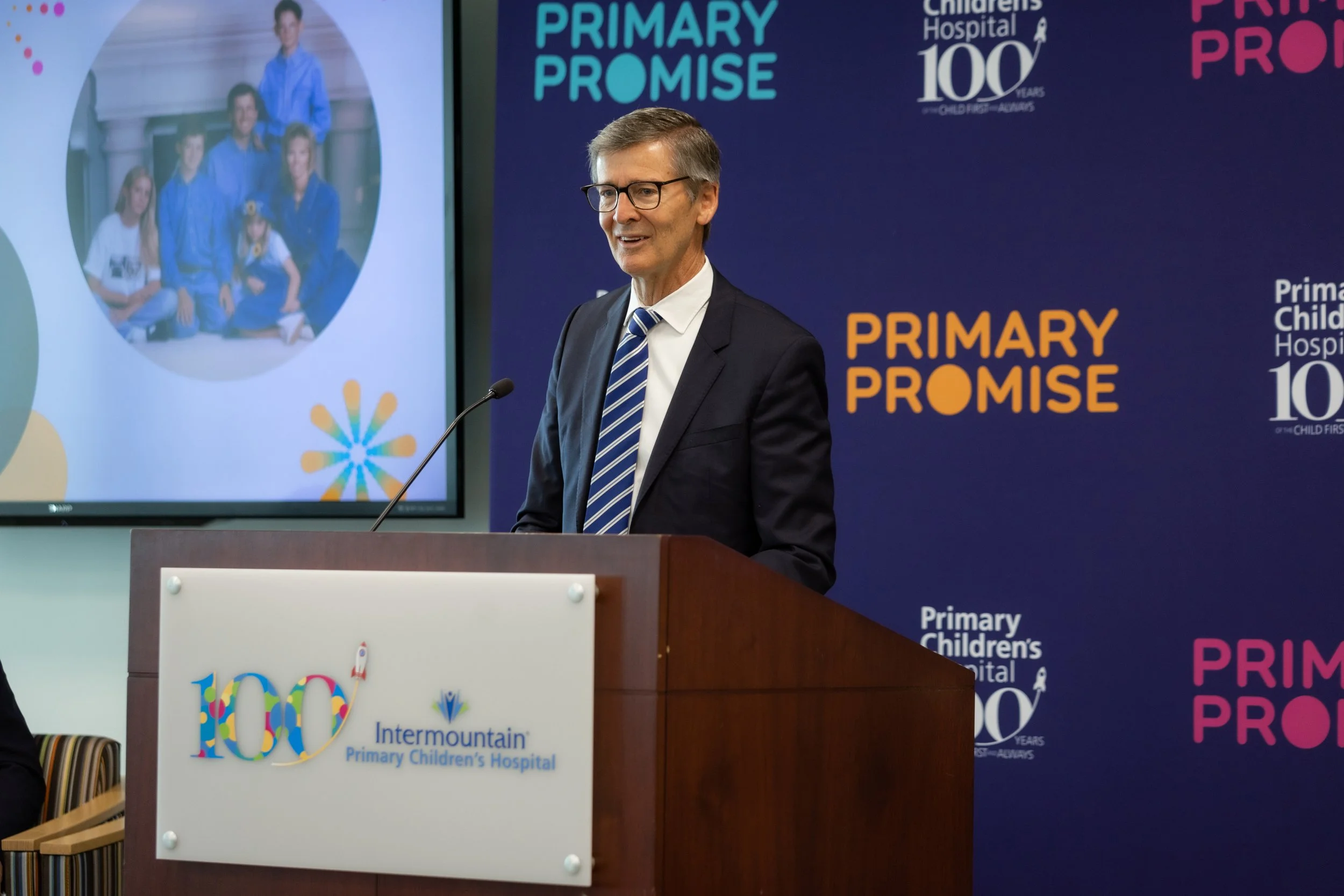“People Want to be Part of Something Greater Than Themselves”
/Last summer, I got a good lesson about literature—and oddly, fundraising—by reading Go Set a Watchman, Harper Lee’s never-before-published novel released this year.
The decades-old novel was Lee’s practice book before her runaway bestseller, To Kill a Mockingbird, became one of the most beloved classics in American literature.
In Go Set a Watchman, we learn that Atticus, the father of Jean Louise (Harper Lee’s alter ego) is not the man she thought he was. Rather than the civil rights advocate who Jean Louise worships, watching his defense of a wrongly accused black man in To Kill a Mockingbird, the Atticus of Go Set a Watchman reveals himself behind closed doors to be a bigoted racist.
Many friends of mine, indignant, have told me they’ll never read Go Set a Watchman. Great literature, I realized, appeals to people’s better natures, not their feet of clay. The same is true in fundraising.
I got a perfect example of that yesterday, when I spoke with Cathy Parker, a Florida mother of four who, despite having zero fundraising training or experience, led a 2007 campaign that raised $800,000 in six months.
Parker wanted to help a high school in tiny Barrow, Alaska outfit a football team after watching a news clip about the school’s high drop-out rate and other problems.
In an effort to keep students in school, the high school surveyed its youth to find out what they wanted from their educational experience. The answer: a football team.
But the school had no grass and no football field, only Artic tundra covered in gravel. What’s more, introducing football was a controversial idea among teachers and parents. Forming a team, they said, would engage only a small number of students.
But Parker, the mother of four athletic kids who happens to be married to a high school football coach, saw things differently. She’s seen the benefits of kids’ participation in team sports up close and personal—with her own kids and her husband’s young players.
With the goal of raising enough to buy and place an astro-turf football field in Barrow, Parker swung into action. The campaign was complicated by logistical hurdles, not the least of which was getting the new field delivered to Barrow, requiring transport by train, plane and barge.
But Parker ultimately prevailed. The fundraising lesson she took away from her experience is the same I got from the Harper Lee book: “People want to be part of something greater than themselves that makes them feel good,” she says.
And there are many things her donors can feel good about: One is the school’s decision to name its football field after Parker, who traveled to Alaska to see the Barrow Whalers’ first home game against the Seward Seahawks.
With just two minutes left on the clock, the Whalers scored the winning touchdown. The team was so overjoyed they jumped en masse into the icy Artic waters bordering school grounds. Good thing it was August.
School attendance in Barrow has since improved, with the number of dropouts also declining. The Whalers’ inspiring story and Parker’s fundraising campaign have been picked up by several media outlets, made into an eight-part documentary, and are the basis of a dramatic film now in production. Oh, and Parker is writing a book that, like the movie, is called Touchdown On the Tundra.
The next time you undertake a fundraising project, take a lesson from Parker and Harper Lee. How will you make donors feel good about themselves and what they’re capable of?




































